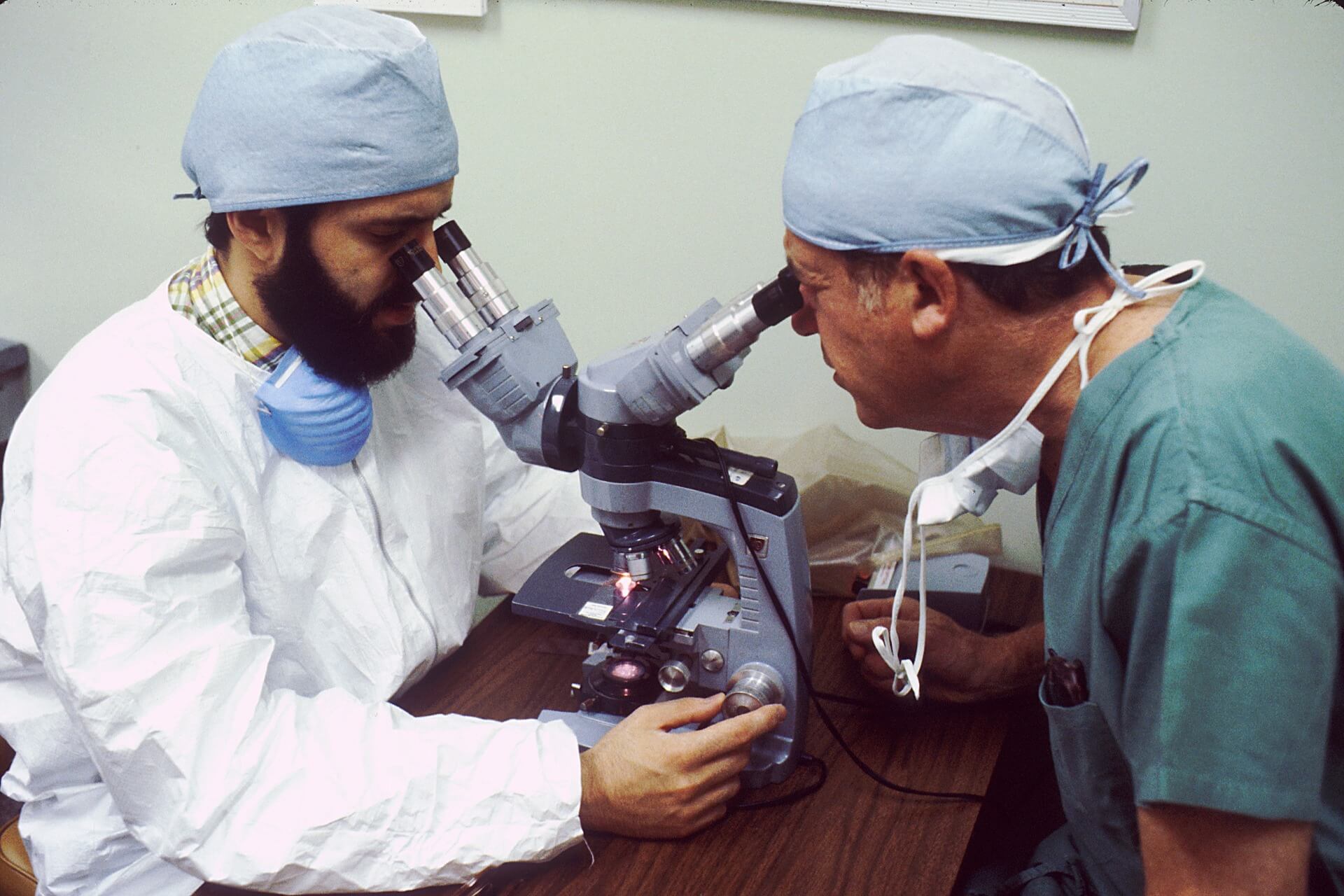In order for a foreign medical graduate (FMG) to apply for residency, they must be certified by the Educational Commission for Foreign Medical Graduates (ECFMG). This certification assures residency programs that a candidate is qualified to enter a program based on United States medical education requirements. This is an essential part of the residency application process, and it is important because medical education requirements vary around the world.

The quality and relevance of medical education around the world has been called into question by U.S. residency programs, as program directors are unable to compare standardized U.S. medical school education with that of education in other countries. While medical knowledge is easy to determine based on standardized testing, clinical experience is not as easy to compare. That is why FMGs must attend a U.S. residency program, but programs want assurance that their educational background is sufficient to begin practicing medicine.
U.S. medical graduates are labelled ready for residency by their Dean’s Office, but those offices are not available for international students. As a result, the ECFMG has aimed to create a Dean’s –like office that standardizes the process for FMGs through certification.
In order to get certified by the ECFMG, an applicant must apply through an interactive web application (IWA). This application allows the ECFMG to confirm an applicant’s identity, contact information, and education background. This act alone is indicative of how difficult it is to confirm FMGs’ education, as the simple identification process is extensive. Simply providing current identification is not enough.
The medical school attended by the FMG must be listed in the World Directory as meeting requirements for the ECFMG examination, which is the United States Medical Licensing Examination (USMLE). Applicants who do not have a resident status in the United States must also apply for a Visa. This is only part of the process leading up to the Match, but each step must be taken in order to meet the requirements for a residency application.
USMLE
The USMLE is separated into parts, and applicants must pass Step 1 and Step 2 of the USMLE in order to be certified. The third step can be passed during residency. Parts 1 and 2 of the exam test medical science knowledge and clinical skills. 2006 statistics show that US medical graduates scored higher on these tests than international medical graduates, but non-US international medical students scored higher than US international medical graduates except in clinical skills. Preparation is key to passing these tests, and English proficiency has been blamed for poor performance among FMGs. These tests are administered throughout the year, but you must be certified by the ECFMG before the start of your residency program.
Visa
FMGs are typically not residents of the US, but they may have established some form of legal resident status prior to applying to be certified by the ECFMG. If not, the ECFMG is able to sponsor applicants for a J-1 Visa.

ECFMG services
While the ECFMG is responsible for certifying that candidates are qualified for American residency programs, they also provide many services to FMGs. For example, they will help an FMG apply for residency programs through the Electronic Residency Application Service. They will also help applicants create verified career portfolios. They are basically the go-to organization for FMGs who need to get ready for the Match.
The ECFMG was established in 1956, and its goal was to improve the U.S. education system by standardizing the evaluation process of FMGs. In other words, it recognized the need for diversity in the medical community and welcomed the opportunity to help FMGs advance their career in the U.S. healthcare system. It is important to remember that the differences in education received abroad versus in the U.S. are not labelled as inadequate. Instead, it is simply different, and it cannot be accurately compared without some sort of a mediating process. The ECFMG provides that mediation.
That is not to say that there is not extensive preparation involved in getting certified by the ECFMG. Applicants are advised to pay attention to the timeline of deadlines and opportunities for FMGs to get certified and further their journey on the path to the Match. It is a complicated process that can quickly fail if an FMG does not complete certain tasks at certain times. Test scores are also important, and study plans should be set up and carried out months prior to the testing.
Navigating the pathway to the Match can be very confusing, and although the ECMG helps applicants get to the Match through certification, it can be helpful to employ other agencies to navigate the system and make sure steps are taken at the right time. The key to success is preparation and the utilization of resources such as FMGPortal. Obtaining a U.S. residency is an attainable goal as long as an FMG is motivated and obtains the help needed to get from the beginning of the process with the ECFMG to the end of the process with the Match.
